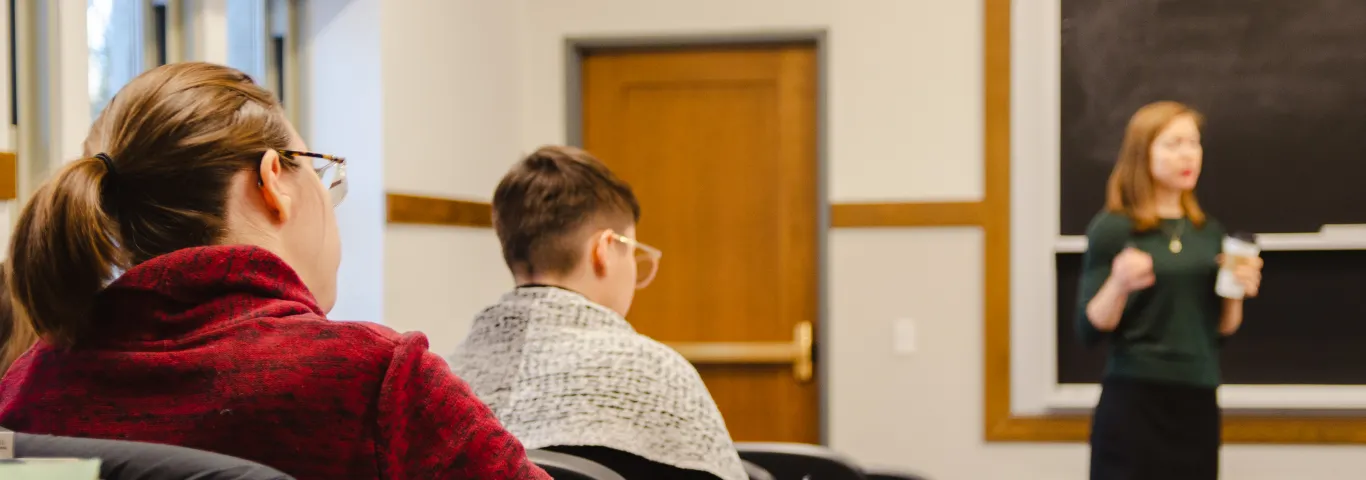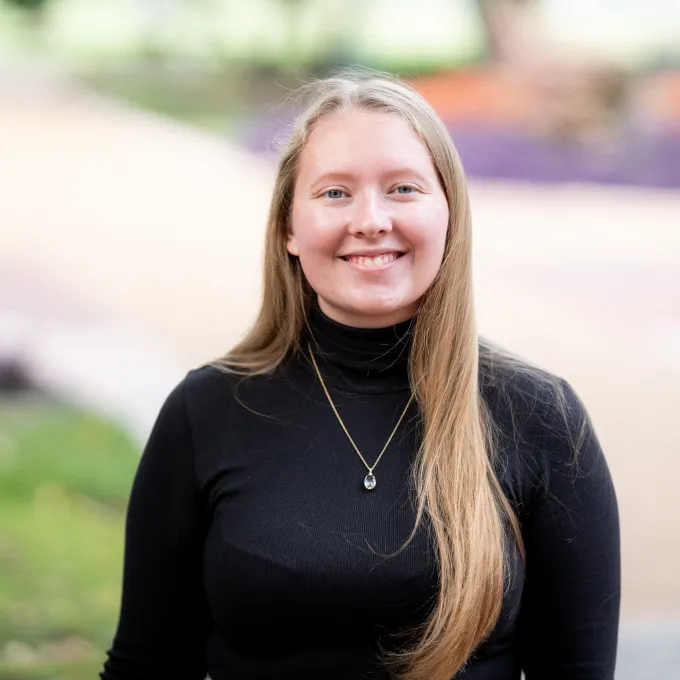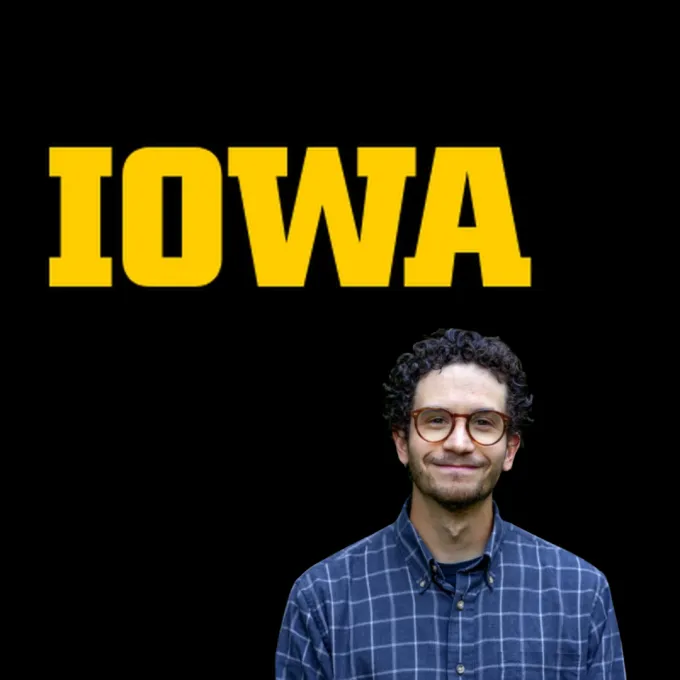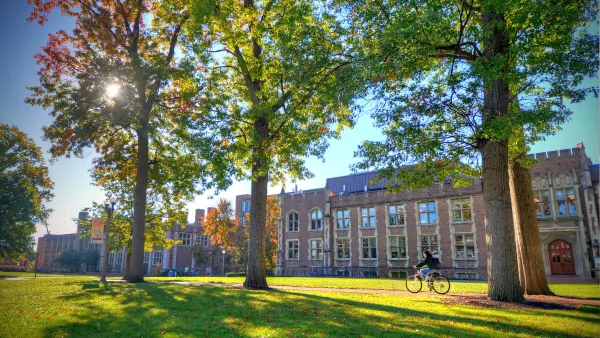We list here a few of the ways in which philosophy graduate students extend themselves outside the classroom.
Colloquia
The department and the PNP program coordinate regular colloquia, typically on Thursdays at 4pm. These represent a major part of the education experience in the department, and graduate students are expected to attend. Upcoming talks can be found on our Events page.
In addition, many students attend talks organized by other departments at WashU, such as Psychological & Brain Sciences or Classics, and by philosophy departments at other local universities, such as those at the University of Missouri-St. Louis (UMSL) and Saint Louis University (SLU).
Work in Progress Series (WIPS)
The Work in Progress Series (WIPS), typically on Fridays at 12pm, provides graduatre students (along with members of the faculty) to present and receive feedback on their work. Upcoming talks can be found on our Events page.
Reading and research groups
In addition to ad hoc reading groups, there are several on-going reading and research groups that graduate students are encouraged to join, which regularly host visiting speakers. These include:
- Epistemology Group
- History and Philosophy of Science and Medicine (HPSM) Group
- Mind Group
- Workshop in Politics, Economics, and Society (WPES)
Conferences
St. Louis is home to several recurring conferences, including:
WashU also regularly hosts one-off philosophy conferences and workshops. In recent years, these have included events on morality, moral psychology, the philosophy of neuroscience, and social epistemology. St. Louis is also periodically the location for meetings of regional and national philospohical associations, including the Central Division of the American Philosphical Association, the Society for Philosophy and Psychology, and the Central States Philosophical Association.
Extra-Departmental Activities
Philosophy and PNP graduate students engage with graduate students in other programs in a variety of ways. These include serving in the Graduate Student Senate and the A&S Graduate Student Association (GSA), participating in events and programs organized by ArtSci GradWell and the Graduate Center, and joining interdisciplinary cohorts organized by A&S CREATES.
Social Events
The philosophy department hosts several regular social events, including a holiday party in December and the prospective graduate students' visit each spring. There are also receptions following every colloquium.



